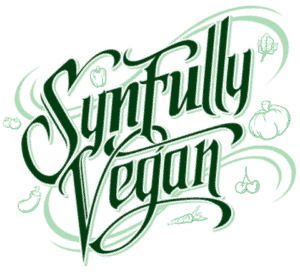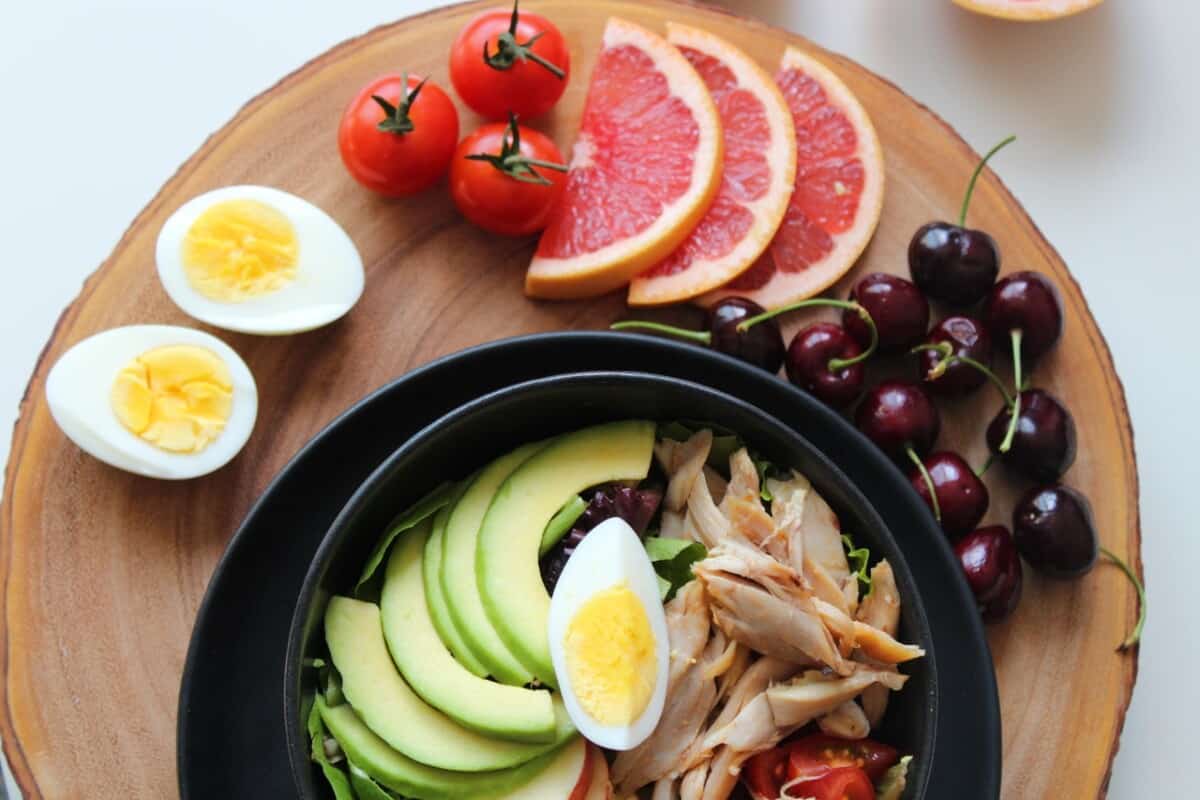The global food system might be economically beneficial to both developing and developed countries but we need to know if this system is ecologically sustainable. As the accessibility to different food increases along with the population and average income, there is a threat to the environment of earth.
Chemicals like fertilizers and pesticides are ruining the quality of the land and the amount of land for agriculture is decreasing day by day, thanks to the urbanization and overpopulation in some countries.
As veganism is a new craze in the current world, we also need to consider the sustainability of vegan diets. We need to understand both options, veganism and flexitarianism, to understand which could be the better option.
Impact Of Flexitarian And Vegan Diets On The Environment
A flexitarian diet basically means that a person is primarily consuming vegetarian food but is allowed to have meat occasionally. The number of consumers of vegan products has quadrupled over the past four years. Out of many individuals who have given up on meat, have done so considering the impacts of meat consumption on the environment.
Food production could reduce greenhouse gases by a figure of nearly 49% if people cut down their usage of meat and dairy. Livestock has claimed to lead to 14.5% greenhouse emissions. About 70% of deforestation is employed for agricultural purposes and contributes to release of carbon.
Biodiversity is additionally affected and reduced with decrease in eutrophication. Even the impact of products with the least amount of animal protein is very big as compared to products with plant derived substitutes.
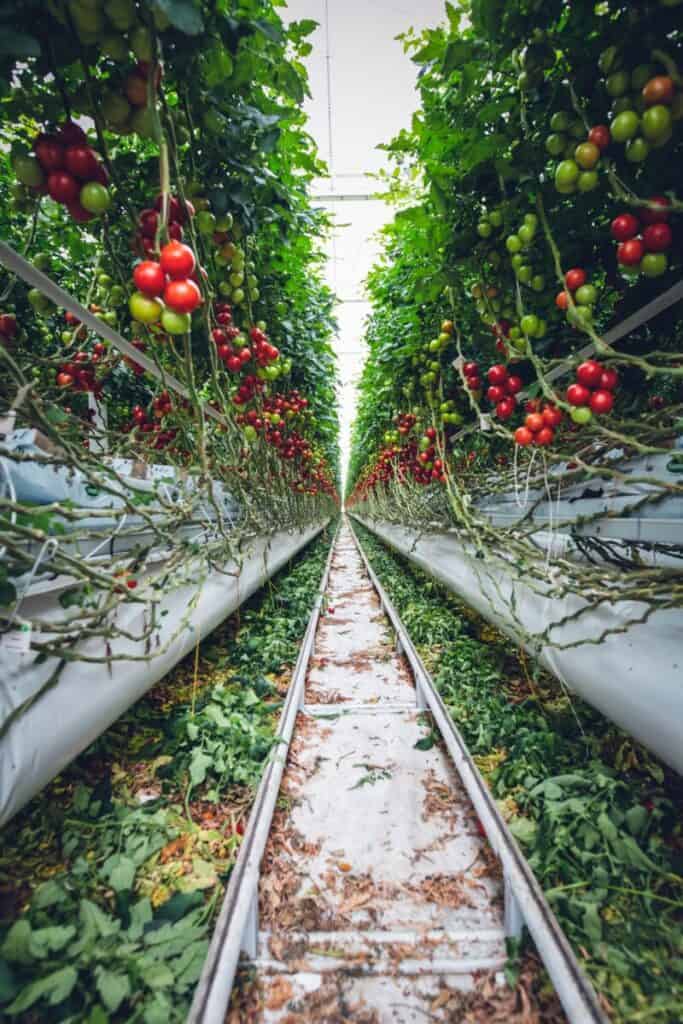
Why Flexitarian Vs Why Vegan
A vegan diet totally prohibits every single animal product from the eating routine, including dairy, eggs and meat. While a vegetarian diet incorporates eggs and dairy it however does exclude meat, poultry and fish.
Plant-based eating, be that as it may, implies receiving an eating routine that organizes entire plant nourishment. In any case, It doesn’t need to mean wiping out any supplement or nutrition class inside and out.
There’s more than one approach to embrace a more plant-based style of eating, however the watchword there is ‘increasingly’— more vegetables, more natural product, all the more whole grains in addition to nuts, seeds, vegetables and plant-determined oils
Environmental burdens can increase due to consumption of vegan diets because of scarcity of enough plant development. Additionally, as discussed earlier, agriculture requires deforestation which further leads to greenhouse gas emissions.
A very common example is of almonds which require abundant water to grow. Perhaps, that is where flexitarian can be a sustainable option to ponder over. Now flexitarian is a term used for any individual who primarily consumes a vegetarian diet but sometimes consumes fish or meat. “sometimes” is not well defined to figure out the frequency of consumption and that is where the problem begins.
Additional probable ecological advantages of a flexitarian diet consist of the fact that More sustainable usage of meat can benefit the environment by lowering the carbon footprint.
Cattle farming can contribute to reduction of soil erosion and emission of carbon. Cow dung itself is a natural fertilizer and has the presence of nutrients thereby reducing the need for artificial enhancers.
What Is Good For You
Veganism, then again, isn’t only an eating routine, it is a method of living that looks to bar, beyond what many would consider possible and practicable, all types of abuse of, and brutality to, creatures for food, attire, and some other reason.
This implies removing all meat, dairy, eggs, and some other creature determined nourishment, for example, nectar from their eating routine, vegetarians bar certain attire materials just as certain sorts of make-up, cleaning items or other general house things that misuse creatures during the testing and assembling process.
Dairy items for example, despite everything require a great deal of bovines to make them, which means bunches of vitality, water, and land utilized and thus greenhouse gasses created.
Environmentally speaking, expending dairy isn’t obviously superior to devouring meat. A report in the Lancet which investigated nourishment, taking care of the planet, and natural manageability expressed: “Food creation is a prime wellspring of methane, and nitrous oxide, which have multiple times and multiple times the a worldwide temperature alteration potential (more than 20 years) of carbon dioxide. Methane is delivered during absorption in ruminant domesticated animals.”
A flexitarian is once in a while otherwise called an ‘easygoing veggie lover’. It is a for the most part plant-based, for the most part vegan diet that considers the periodic meat dish.
It is turning into an undeniably mainstream diet that aims to lessen your carbon impression and improve your well being. The ascent of the flexitarian diet is an aftereffect of individuals adopting an all the more naturally practical strategy to what they eat by radically decreasing their meat utilization in return for elective protein sources, for example, beans, vegetables and soy.

How To Try A Flexitarian Diet
- Start with small goals. – if you’re used to eating meat every day, why not start with meat-free days? Set goals like “today I am going to have a meat-free monday”.
- Change your mindset and rather than thinking of it as restricting your diet, start focusing about how you can include a lot of new foods and ingredients into your diet, such as tofu, soy milk, almond milk..
- Don’t let your diet revolve around meat. Make it the side meal. Make your veggies the main meal with a lot of whole grains. Veggies can be versatile, all you need is a little bit of experimentation.
- Go for lean proteins and try to stick to white meats.
- Completely changing your diet in a day can be extremely overwhelming and lessens the probability of you sticking with it. So instead of shifting diet completely, pick small changes to implement each month
- Make easy and intelligent swaps. Increase the ratio of veggies-to-meat in your everyday meals for a start. Add double the amount of veggies in your pasta, add bean-based chili to your weekly repertoire, make sautéed vegetables for dinner.
- Gather easy recipes that you can make when you’re busy. You can even prepare make-ahead meals when you’re free and then reheat them when you’re busy.
- Know that it is okay to fail sometimes and progress is always better than perfection. So, if you slip-up, just remember, that all you need is patience.
- Lastly remember that there is nothing more important than health. Anyone who has a history of eating disorders should proceed with extreme caution when shifting diets
People have various purposes behind choosing their diets. There are various reasons behind their choices of diet. There are reasons for eating certain kind of food.
We also hear of reasons for not eating meat. Ethical reasons, moral reasons, or personal ones. What’s more, there’s a great deal of valid justifications to eat less meat:
- Diminishing meat utilization can help bring down your danger of coronary illness and hypertension.
- Raising creatures for food requires a ton of characteristic assets and is a huge wellspring of contamination and nursery gasses.
- Eating less red meat is connected to bring down paces of disease.
It’s critical to recollect that evaluating vegetarianism or its varieties doesn’t require deep rooted promises. You don’t need to be a veggie lover to appreciate a veggie lover supper, and going vegan for two months and afterward eating a burger doesn’t make you a charlatan. You can evaluate any choices that work for you, such as:
- Not eating red meat like hamburger and pork, yet staying with white meat, fish and poultry.
- Going veggie for the week and sparing meat for the ends of the week.
- Just eating meat during family social affairs.
- Just eat one serving of meat daily.
Remember that restricting meat doesn’t need to feel constraining. Take a stab at taking a break from meat for some time, or keep away from meat on the menu whenever you’re feasting out. It may lead you to some energizing culinary encounters!
What Is Good For The Planet
Regardless of the case if we consider greenhouse gas emission, vegan diets are better for our planet. Additionally, usage of land, freshwater and water pollution is also monitored and kept in control with vegan diets.
However this is a complicated issue each individual’s footprint differs and is influenced by a variety of other factors. Realistically, consuming a diet which is not so restrictive sounds like a better option however the present need of the environment demands veganism. Perhaps being modest is the only way to deal with this challenge.
Economic Effects
For the beginning, there are ozone depleting substances discharged because of delivering food. The proof appears to be certain that changing to a plant-based eating routine would bring down outflows.
Eating a diet that is rich in meat costs 7.2kg of carbon dioxide emanations every day, contrasted to 3.8kg for vegetarians and 2.9kg for vegans. Going vegan would cut carbon outflows from food produced into equal parts. It would likewise let the land be used for different employments.
About 80% of the world’s farmland is committed to raising animals; a plant-based eating routine would cut the utilization of land for horticulture by 76%. Also, it’s not simply the planet that would profit.
Our well being and riches would as well.
By 2050, 5.1 million death cases could be evaded if we kept our weight control plans within the current suggested dietary rules. The financial advantages of dietary change could be as much as $700bn-$1trn every year as far as investment funds on social insurance expenses are concerned.
On the probability that the expense of atmosphere harms related with the ozone depleting substance emissions of nourishment were incorporated into the cost of food, hamburger would be 40% progressively costly.
The ozone harming emanations from food products, combined with population expansion and the desire in making nations to consume proportional meat-substantial eating regimens, could make it extremely difficult to constrain a temperature boost.
Vegetarian diets are somewhat less expensive, and the cash will probably be spent on different merchandise and ventures that cause extra ozone harming substance depletion.
There are numerous valid justifications for eating less meat and in any case, having an immense effect on the atmosphere isn’t just one of them.
In fact, the atmosphere is only one of numerous reasons individuals refer to going vegan. Also, if the forecasters and market examiners are anything to pass by with comments, veganism is “going standard”.
In 2016, a gathering called FAIRR (Farm Animal Investment Risk and Return) co-ordinated a gathering of 40 huge institutional speculation supports worth £900bn openly to encourage significant food makers and retailers, for example, Kraft Heinz, Nestle, Unilever, Tesco and Walmart to create plant-based other options. Financial specialists who need to take a punt on the pattern should think about a pending trade exchanged reserve.
Pros And Cons: A Wider Picture
Vegans do not consume any type of animal product. Meat, fish and dairy are a strict no-no for them. Infact, even honey is not consumed owing to the fact that it is produced by bees.
Pros Of A Vegan Diet
- Microbiome of vegans is very rich and essentially supports absorption of vitamins and minerals in a very enhanced manner. Additionally, the phytochemicals and antioxidants help in keeping the gut healthy.
- Proper vegans tend to eat more whole, natural, locally produced, unprocessed foods. This means things like raw nuts and seeds. Whole grains like quinoa and amaranth. And a locally grown bounty of fruits and veggies. Again, that’s all they eat. So they make sure to do it right.
- Omnivores can take a great lesson from this. Sometimes in our quest for filling 1/3 of our plate with animal flesh, we forget to think about what the other 2/3 should be filled with. And that can be a big, gut expanding, health degrading mistake.
- Healthy microbiome also helps in protection against viruses and disease-causing bacteria.
- Plants are rich in fiber which feeds the healthy bacteria in the gut. More the phytonutrients, more the opportunities to be exposed to the benefits of phytochemicals.
- A healthy microbiome helps in reducing the risk of obesity, and related inflammatory diseases and lowers the risk of cancer development.
Cons Of A Vegan Diet
- Vegan diets put a lot of restrictions and can be challenging to stick to. Finding vegan food is not always easy considering your location.
- Many local eateries and stores do not keep plant based protein products like quinoa, soy and other such substitutes.
- Lack of protein in the body can cause muscle wasting
- Most of vitamin B12 is found in meat and dairy products and vegans need to be well supplemented with it.
- Be that as it may, a few people might be in danger of supplement insufficiencies when they cut back on meat and other creature items relying upon the ampleness of their other food decisions.
- Conceivable supplement lacks to know about on the Flexitarian Diet incorporate Nutrient B12 , Zinc, Iron,Calcium, Omega-3 unsaturated fats.
- A survey of the examination on nutrient B12 insufficiency found that all vegans are in danger for inadequacy, with 62% of pregnant vegans and up to 90% of older veggie lovers being inadequate).
- Vegans may likewise have lower stores of zinc and iron, as these minerals are best ingested from creature nourishment. While it’s conceivable to get enough of these supplements from plant nourishment alone, vegans need to design their eating regimens in like manner to achieve this.
- Generally nuts and seeds, entire grains and vegetables contain both iron and zinc. Including a wellspring of nutrient C is a decent method to expand iron assimilation from plant-based nourishment.
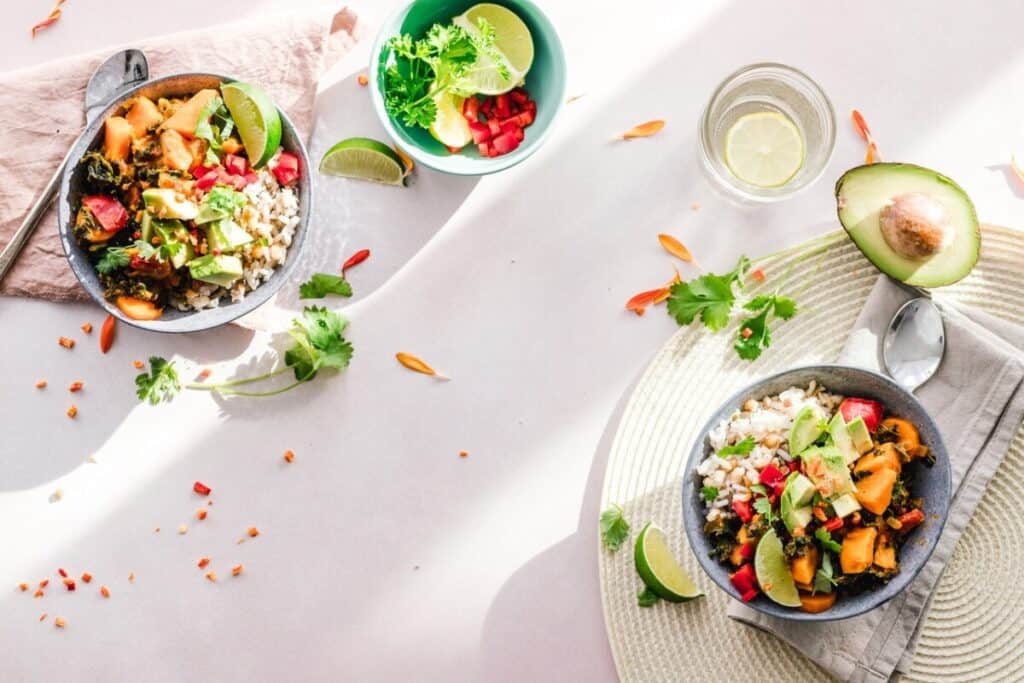
Should You Consider A Flexitarian Diet Instead Of Vegan
A flexitarian usually focuses on consuming fruits, vegetables and whole cereals and grains. Sometimes they do consume meat or fish. Primarily, they rely on plant proteins.
Anyway the thought is anything but an awful one. Without a doubt, it may be an extremely solid trade off between the limits of an exceptionally substantial meat-based eating regimen and a totally plant-based eating regimen. That is to say, you get the dietary best of the two universes. You’re not dispensing with any nutrition type from the menu – which is consistently a mix-up.
Then again, you’re not eating a lot of any one nutrition type – which is likewise a mix-up. Additionally you’re getting all the nutrients, minerals, phytochemicals, cell reinforcements, fundamental unsaturated fats, and proteins vital for ideal working.
The expression – balance in every way – is one that is regularly kicked around in dietary circles. Be that as it may, perhaps these flexitarians are the main ones drawing near to this thought of balance. They’re testing from nature’s abundance of veggies, organic products, nuts, seeds, vegetables, grains, and indeed, creatures.
Pros Of A Flexitarian Diet
- Flexitarian diets are preferred by people who desire to eat healthy and reduce lifestyle related risks. They get a lot of phytochemicals and fiber from plants they consume.
- Vitamin B12 deficiency is taken care of and supplementation need not be given to these individuals due to their occasional consumption of meat.
- Appropriate omnivores are frequently, as a matter of fact, a little protein fixated. However, that might be something to be thankful for given the rundown of advantages related with eating an eating routine high in lean, total proteins. Quicker digestion, increasingly slender mass, and better muscle safeguarding. Who wouldn’t need those advantages.
- Now and again veggie lovers miss the vessel here, being content with too minimal complete protein. What’s more, this misstep implies problematic well being, execution, and body synthesis.
- In any case, with the present food information, food access, and supplement alternatives, there’s positively no explanation you can’t accomplish a protein admission of 1g/lb – regardless of whether the protein originates from a creature source or a veggie lover one.
Cons Of A Flexitarian Diet
- Portion sizes need to be controlled. Occasional consumption should not mean lack of control over portion sizes.
- Animal protein per day should not be more than 5-6 ounces. That should primarily involve dairy products like milk, yogurt, cheese and eggs.
- Meat choices should be healthier. Opting for lean proteins is considered healthy. Too much consumption of red meat increases the risk of diseases.
- Some flexitarians may constrain dairy and need to eat plant-based wellsprings of calcium to get sufficient measures of this supplement.
- Plant nourishment wealthy in calcium incorporate bok choy, kale, chard and sesame seeds.At long last, flexitarians ought to be careful about getting enough omega-3 unsaturated fats, generally found in greasy fish.
- Wellsprings of the plant-based type of omega-3, alpha-linolenic corrosive (ALA), incorporate pecans, chia seeds and flaxseeds Remember that eating flexitarian gives you adaptability to devour differing measures of meat and creature items.
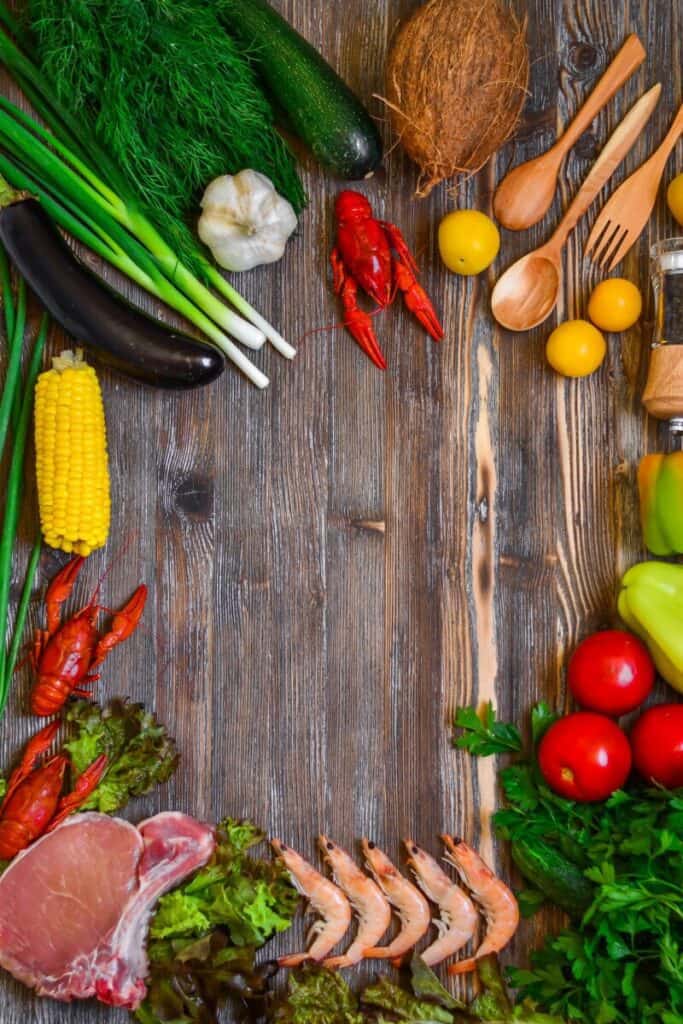
Conclusion
If your diet contains more of unprocessed plant proteins like lentils, beans, nuts or seeds then a plant-based diet can actually be more affordable as compared to a typical meat-heavy diet.
To make your food even more affordable, depend more on seasonal foods and every once in a while, give yourself treat of luxurious foods like vegan cheese, yogurt, vegan meat and burgers every once in a while. These changes will keep your expenses down and they will also help you get more nutrients from natural plant-based foods.
Just know all plant-based foods aren’t automatically healthy. We get vegan versions of almost everything, but just because something is vegan, that doesn’t mean you just stock up on it. If you are looking for the best strategy to eat a healthy plant-based diet, eating more whole foods would be beneficial.
If you buy something in a package, make sure you read ingredient list. Make sure it has less C.R.A.P. (chemicals, refined sugar/flour, artificial additives and preservatives). Processed foods are a big no no. for a plant-based diet to be healthy, we need to ensure that it is both balanced and diverse. It needs to have more of whole foods.
In fact, many people feel more satisfied with a whole-food plant-based diet than with a low-fiber high-sugar diet. Plant-based food can be satiating enough given the fact that it is balanced in nutrients. Plant protein can keep you comparatively full than animal foods because, they are rich in fibre as well.
Although plant-based diet has all these benefits, there is some room for some meat, poultry, cheese, fish, yogurt and other dairy. Recent research also suggests that consuming a flexitarian diet would also have the same benefits like reducing the risk of cardiovascular diseases, or other lifestyle disorders like diabetes.
Indulging in cheesy foods won’t make you less healthy if you have them once in a while. If you don’t have a underlying medical condition that requires you to give up some foods totally, it is fine to have them. We often tend to misinterpret the meaning of plant-based diets.
We need to indulge in more plant-forward diets that involve more use of vegetables, fruits and other plant-based whole foods in our diet in addition to our animal-based food consumption.
Anything that restricts you won’t be of use in the long run and will make you give up on your diet easily. So even if you want to move to a vegan diet, make a slow transition to check how it works for you.
Adopting food habits the include whole plant-based foods has a lot of benefits for your health and the environment. If you consume these diets regularly, you can easily reduce your risk of chronic conditions like cancer, diabetes and cardiovascular diseases.
Plant proteins are less expensive and better for the environment as compared to animal proteins. Consuming more of whole plant foods reduces your carbon footprint, and saves water too. For the record, 20 servings of vegetables aren’t responsible for greenhouse emissions more than that from one serving of meat.
These emissions can reduce invariably if one restricts animal products. This could also include watching portion sizes and reducing wastage of food. It is helpful to know where your food comes from and how it reaches your platter. Ultimate choice is to think about what is more sustainable.

